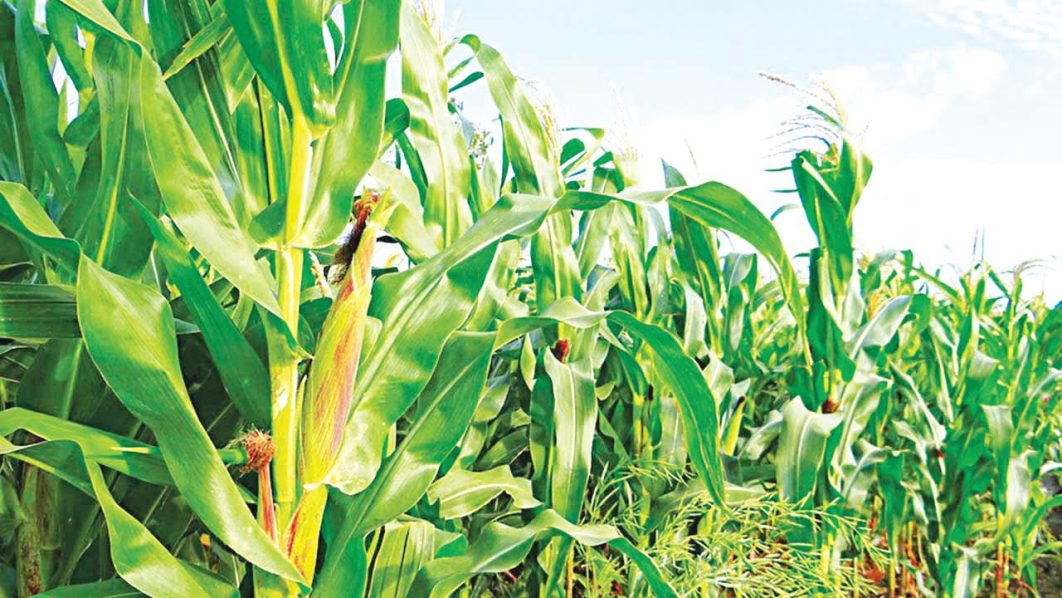
The Federal Government has procured imported staple foods, including maize and wheat, to address food shortages in Nigeria, according to Wale Edun, the Minister of Finance and Coordinating Minister of the Economy.
Speaking at an Inter-Ministerial Press Briefing in Abuja on Thursday, part of activities marking Nigeria’s 64th independence anniversary, Edun revealed that the imported food items would soon arrive in the country. He said that the move is a temporary measure aimed at addressing the immediate shortage, without disrupting local food production.
“In the meantime, there is a short-term measure to import food. The government has already ordered procured maize and wheat which is on its way,” Edun said. “It is critical that we do not disrupt domestic production of food, we do not disrupt farming in Nigeria by flooding the market with imports that now put prices where farmers are discouraged from engaging in production, and millers are discouraged from engaging in food processing.”
Edun stressed the government’s intention to strike a balance by ensuring that the imported quantity does not negatively impact Nigeria’s agricultural sector.
He added, “In the short term, yes, we are intervening through some imports and wet season procurement and delivery of the right import, but in the long term, we must identify and put in place strategies to increase agriculture productivity.”
Nigeria is currently grappling with an economic crisis, marked by surging living costs and rising inflation. The removal of the petrol subsidy and the unification of the foreign exchange windows in May 2023 have exacerbated the situation. In August, the country saw protests from aggrieved youths over hunger and economic hardship, while inflation climbed to 32.15%, with food inflation reaching 37.52%.
Despite palliative measures from the Bola Tinubu administration and state governments, Nigerians continue to feel the severe effects of the economic crisis as food prices soar.






